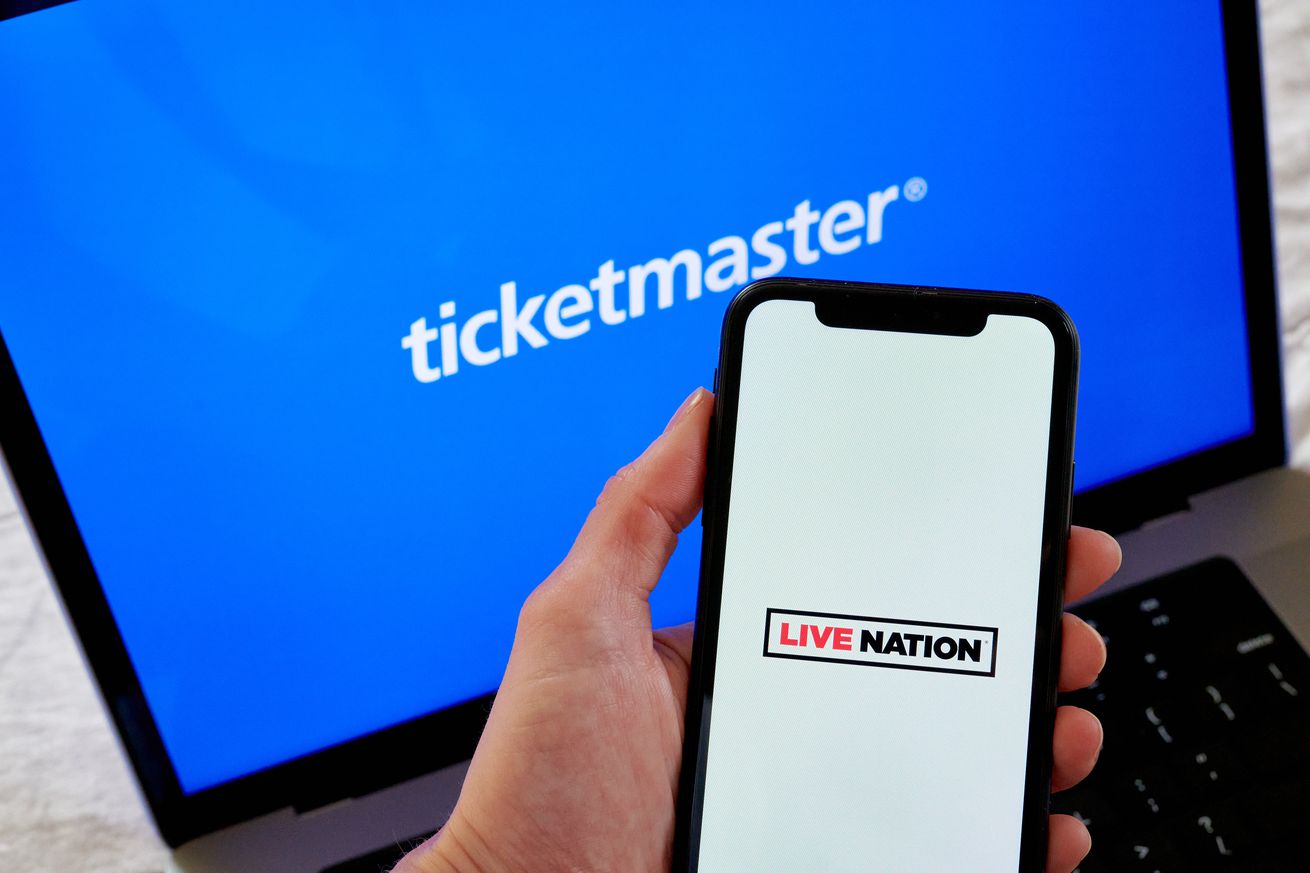Those $40 service charges are coming under fire from the federal government.
In a move that primarily has consequences for music, but could also bleed into the world of sports, the Department of Justice announced Thursday that it was moving forward with a lawsuit against Ticketmaster and parent company Live Nation Entertainment.
The source of the suit is what the government asserts is a significant breach of antitrust law, with the companies working in concert to dominate the live event industry at the expense of performers, venues and artists. Attorney General Merrick Garland posted the following statement.
“We allege that Live Nation relies on unlawful, anticompetitive conduct to exercise its monopolistic control over the live events industry in the United States at the cost of fans, artists, smaller promoters, and venue operators. The result is that fans pay more in fees, artists have fewer opportunities to play concerts, smaller promoters get squeezed out, and venues have fewer real choices for ticketing services. It is time to break up Live Nation-Ticketmaster.”
The suit alleges that Ticketmaster and Live Nation lock venues into long-term contracts which prevents them from working with other ticket operators, as well as preventing competition from rivals on pricing — which in turns hurts consumers.
Ticketmaster and Live Nation came under fire from Taylor Swift fans in 2023 as part of their rollout of sales for Swift’s Eras tour. Fans complained about skyrocketing prices, extensive fees, and unfair practices. However, this is something sports fans have been enduring for years under Ticketmaster as well.
At the time of writing tickets are available on Ticketmaster for Celtics vs. Pacers for their first home game in Indiana. The company prices the tickets at $183 each, but over $75 of fees accumulate on a two ticket purchase.
Ticketmaster claims the fees are split by the company and the venue, though this practice has always been suspect without much transparency. There is no limit on the service charges companies can charge, and with a virtual lock on all live events it’s become impossible for fans to ignore.
Time will tell how this lawsuit could change the live event industry.













